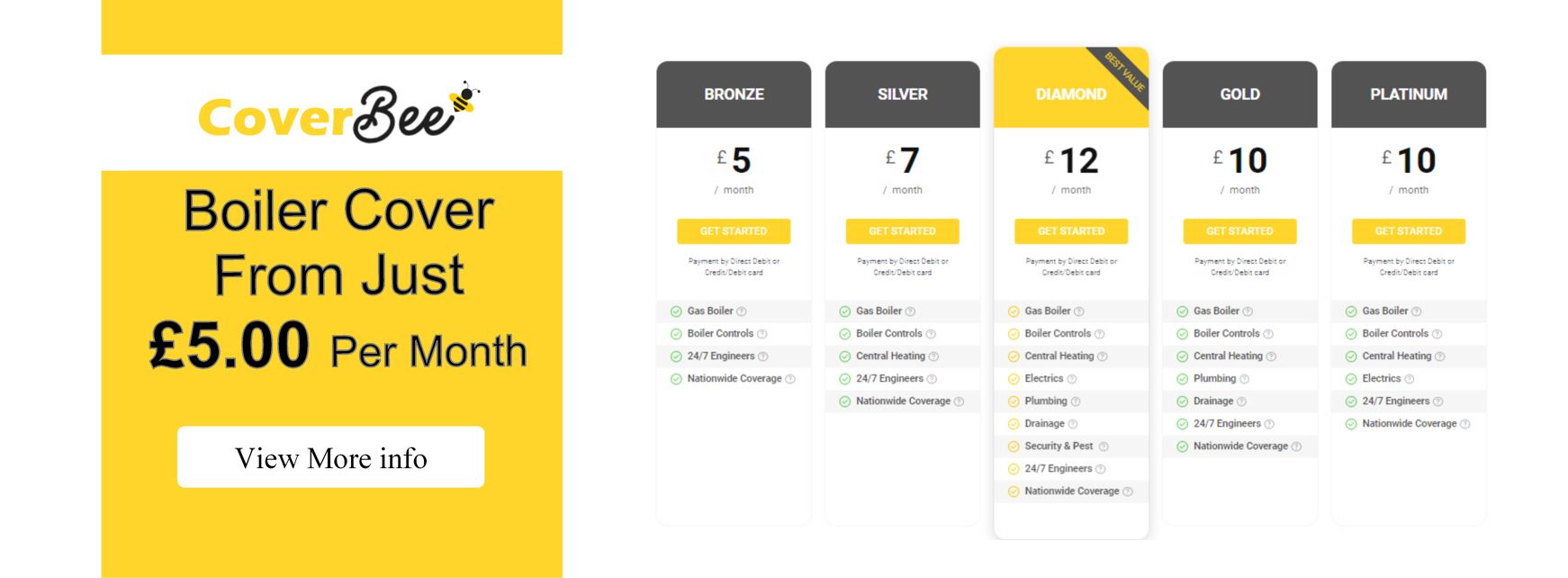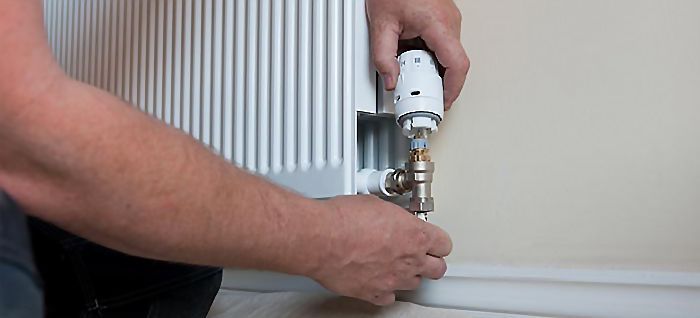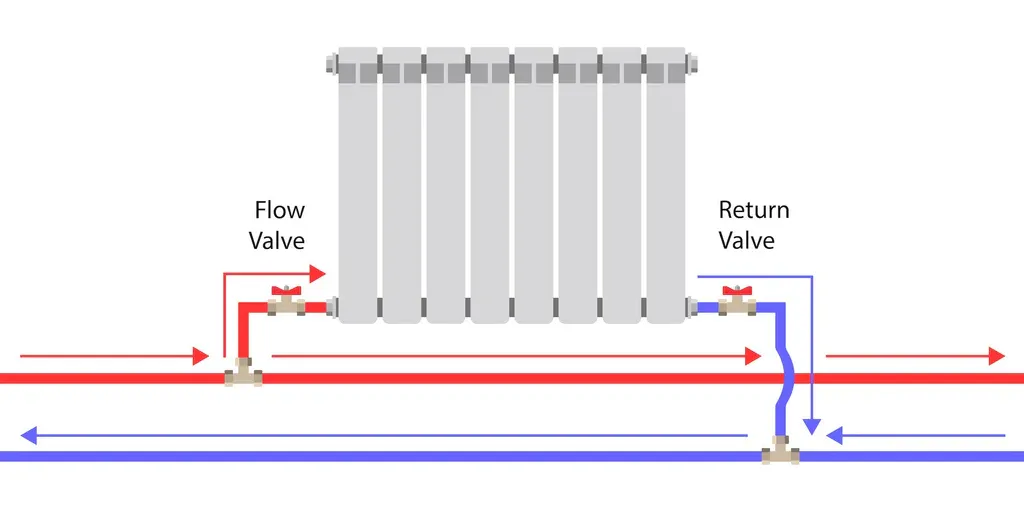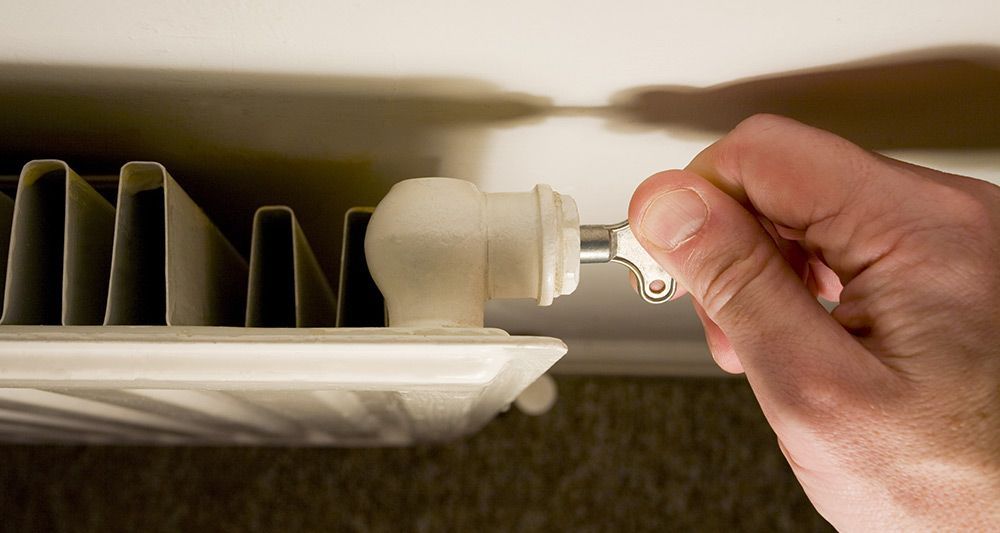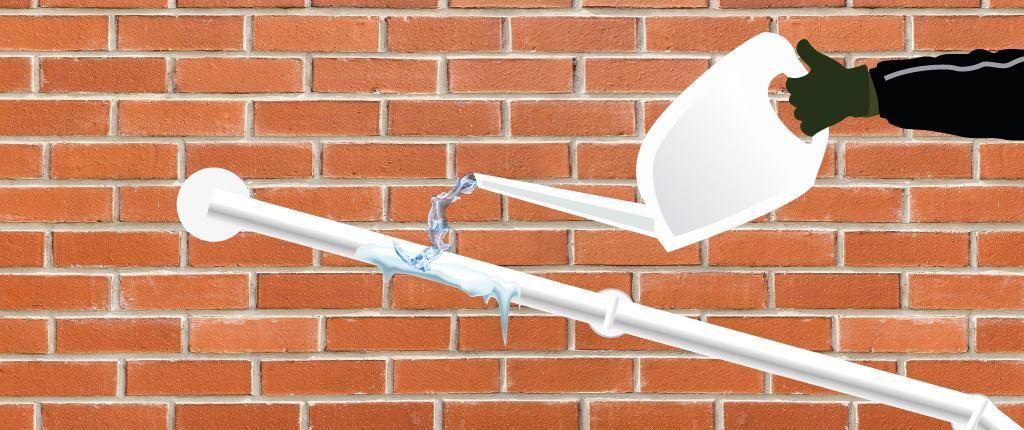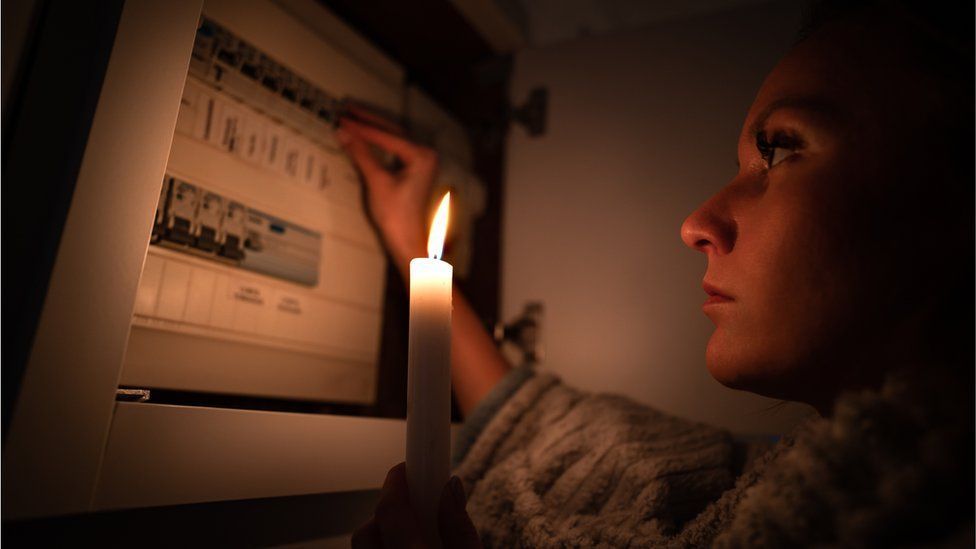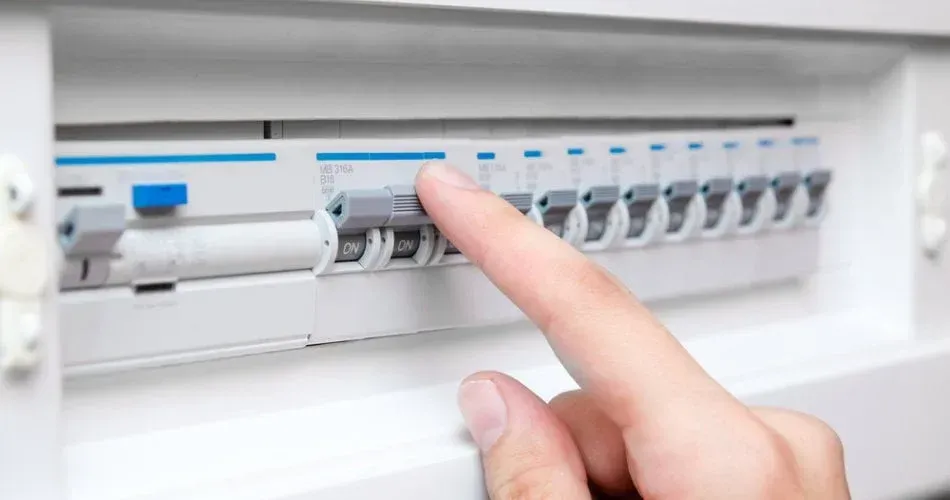What's included and not included in Boiler Cover
What’s Included in Boiler Cover? A Comprehensive Breakdown
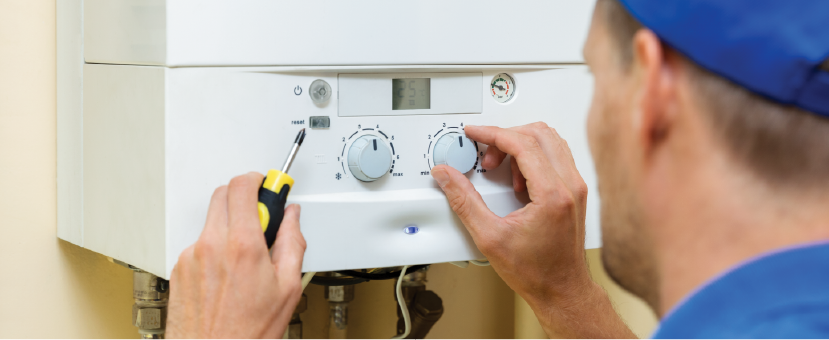
What's typically Included in boiler cover
Boiler cover provides peace of mind for homeowners and tenants alike. It ensures that should your boiler break down, you won't have to worry about the hefty costs that come with repairs or replacement. Not all boiler covers are identical, however, what's included largely depends on the type of coverage you choose. Here is a breakdown to enlighten every homeowner seeking boiler cover.
1. **Boiler and Controls Cover**
The basic level of boiler cover concerns itself with the boiler and its controls. If they break down, your cover provider will pay for repairs. Essential components such as the expansion vessel, circulation pump, thermostat, printed circuit board (PCB) and the pressure relief valve are usually covered.
2. **Central Heating Cover**
This is a step up from the basic boiler and controls cover. Central heating cover includes, as the name suggests, your entire central heating system. If your radiators, pipes, cylinders or heating controls fail, the cost of repairs will normally be covered by your plan. Some boiler insurance plans also cover the cost of a complete boiler replacement in case it is beyond repair.
3. **Home Emergency Cover**
This high-level cover includes emergencies beyond the central heating system – it could cover your plumbing and drainage system, faulty electrics, and even pest infestations. Some covers also provide alternative accommodation if your house becomes uninhabitable due to an issue deemed as an emergency.
4. **Annual Boiler Service**
Many comprehensive boiler cover plans include an annual service to inspect your appliance's health, which helps prevent potential breakdowns. A Gas Safe engineer normally performs this service, checking everything works correctly and spotting any issues before they become critical.
5. **24/7 Call-Out**
Regardless of the time, day, or night, you'll be able to call out for help from a qualified engineer. This feature is a standard part of most boiler cover plans, ensuring you won't be left in the cold for long if your boiler breaks down.
6. **Parts and Labour**
Generally, boiler cover includes the cost of parts and labour so you won't have any extra fees to pay when a repair is needed. However, it's always important to check the terms and conditions of your agreement as some policies might have limits or exclusions.
It's always advisable to fully consider what you need when selecting your boiler cover. Take into account the age and current condition of your boiler, as well as your budget. Don't forget to research and compare different providers before you make a decision.
Disclaimer: Policies will vary from provider to provider, and it's essential to read the small print to understand exactly what's covered. Also, consider checking if your home insurance includes boiler cover before purchasing a standalone policy.
Remember to review your policy annually. And remember, boiler cover is all about ensuring peace of mind, knowing you can quickly and effectively deal with boiler issues when they arise.
What is Typically Not Covered in Boiler Cover?
There's no doubt that boiler cover can provide invaluable peace of mind — especially during those cold winter months when a breakdown could leave you shivering in your home. However, it's essential to understand that not everything is covered under a standard boiler cover policy. Here, we delve deeper into what is usually not included in boiler cover.
1. **General Wear and Tear**
Whilst the policy covers unexpected boiler breakdowns, most insurers do not cover general wear and tear. Boilers, like any other appliance, age over time and may eventually need replacing. After some years of operation, your boiler’s performance may decrease, but such eventualities are not usually covered.
2. **Pre-existing Problems**
If the boiler had any known issues or faults at the time of purchasing the insurance, these are generally not included in the cover. It’s crucial, therefore, to ensure your boiler is in good working condition prior to arranging cover.
3. **Scale Damage**
Boilers may suffer harm due to limescale build-up, especially in hard water areas. Most boiler insurance policies do not cover damage caused by limescale or sludge.
4. **Unserviced Boilers**
To ensure your cover remains valid, you typically need to have your boiler serviced annually by a qualified engineer. Failure to do so may lead to the policy becoming null and void, particularly in the event of a breakdown due to lack of maintenance.
5. **Incorrect Usage or Wilful Damage**
If it’s found that the boiler's malfunction was due to incorrect use, or intentionally inflicted damage, the insurer will not cover those repair or replacement costs.
6. **External Pipework and Components**
Most boiler covers focus primarily on the boiler and its integral parts. External pipework (such as plumbing & drainage systems), radiators and other components like the timers or thermostats, may not feature in the cover unless you opt for a more comprehensive plan.
7. **System Improvements**
Boiler coverage plans often exclude system upgrades or improvements. An ageing system may need enhancing to meet current regulations, but this expense usually can't be claimed on boiler insurance.
8. **Boiler Replacement**
While higher levels of cover might offer it, many standard boiler covers do not include full boiler replacements. Typically, if your boiler is beyond economical repair, the insurer might contribute a capped amount towards the replacement cost rather than offering to pay in full.
Do remember that the specifics of what is and isn't covered will depend on the individual insurer and the plan you've chosen. It's always best to know your policy inside out, so make sure to thoroughly read the policy documents and ask questions if necessary.
Boiler cover can provide a safety net for unforeseen breakdowns, but knowing what isn't covered can help you make better decisions about which policy is the right fit for you and your household’s heating needs.

